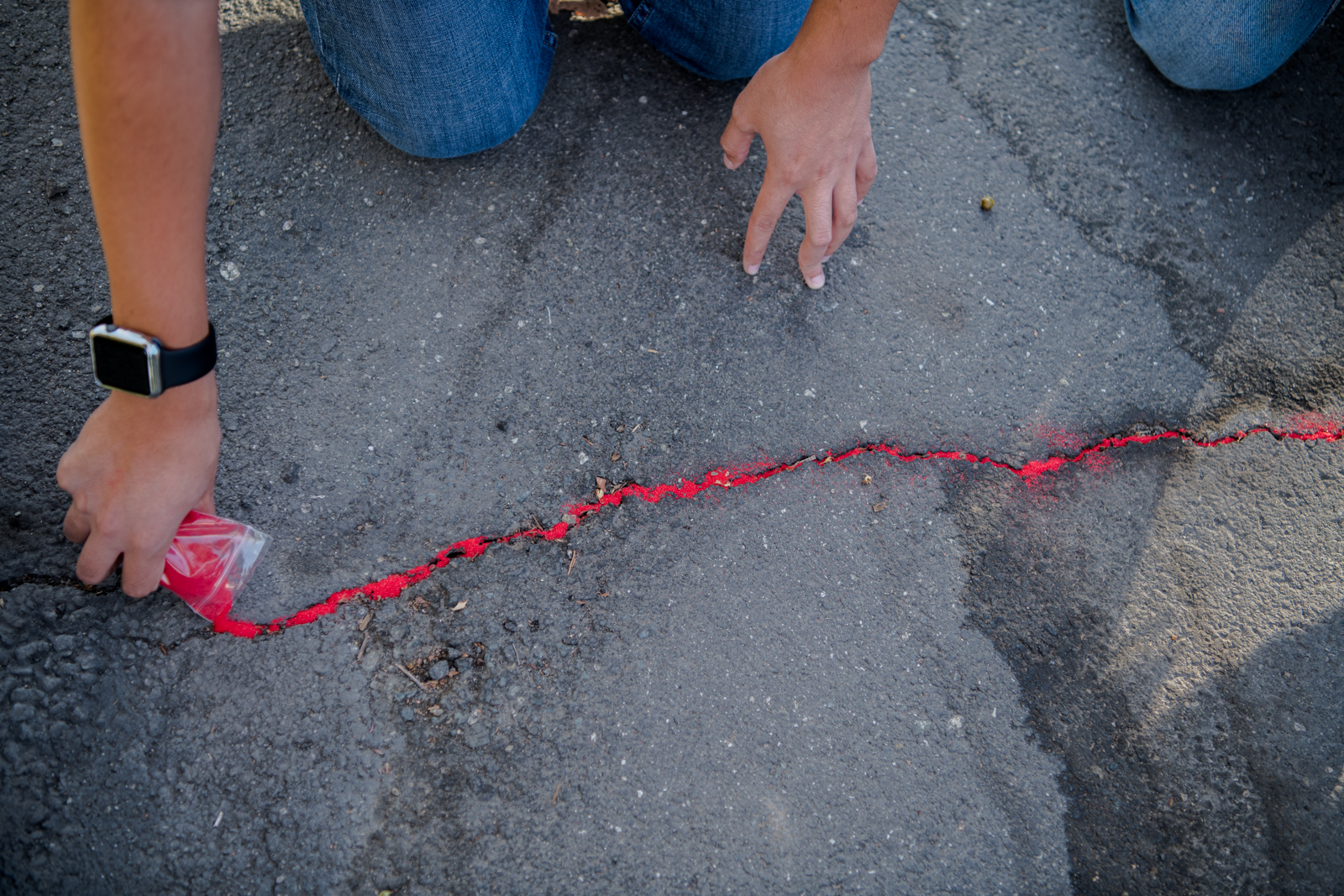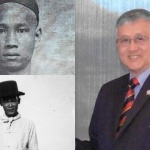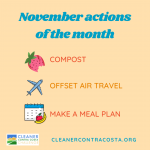The Red Sand Project took place in Antioch on October 19th at the Antioch Community Center. Sponsored by the Contra Costa Human Trafficking Coalition, this event brought information and resources about human trafficking to the City of Antioch and neighboring cities. The Coalition also provided a Human Trafficking 101 course which provides an in-depth overview of the types of human trafficking, and presented resources on how to identify and report human trafficking.
The Red Sand Project is an artwork that uses participatory sidewalk interventions to raise awareness of the vulnerabilities that lead to human trafficking. “The city hopes that by symbolically bringing attention to the cracks that victims of human trafficking can slip through, they can help others begin to understand how this issue impacts our communities.”
Antioch City councilwoman, Monica Wilson organized the Red Sand Project event with full support from City Manager, Ron Bernal and Police Chief, Tammany Brooks. “I felt the event went very very well, more people had signed up and showed up than I had anticipated. There were a lot of ppl that were familiar with human trafficking but only knew about sex trafficking and they had the opportunity to learn about labor trafficking and other types of human trafficking. What was really inspiring to me was there was a woman there that didn’t know anything (about human trafficking), had just learned, was down putting the sand on the ground everywhere and said, ‘I want to learn more, I need to learn more,’ and she stayed for the training . That was somebody that knew nothing about it and then once she learned she was like, ‘How can I be an advocate? How can I help?’ So stories like that were really inspiring to me and that was the whole point of the Red Sand Project. Making our community aware that it’s going on and how they can help stop this crime.” said Monica.
Here are some statistics from Human Trafficking Hotline
- Human trafficking happens everywhere, including Contra Costa County. In 2016, a total of 1,331 cases of human trafficking were reported in California, of those, 405 cases involved children under the age of 18.
- In 2017, California has the highest number of human trafficking cases reported. 705 cases, 272 more cases than Texas which ranks #2.
Here are 5 Things You Can Do To Help End Human Trafficking
1. LEARN: Learn the red flags that may indicate human trafficking and ask follow up questions so that you can help identify a potential trafficking victim.
2. TAKE ACTION: Report suspicious incidents. Call 211, the National Human Trafficking Hotline (1888-373-7888) or go online to www.traffickingresourcecenter.org/report-trafficking to report a tip (you can do so anonymously).
3. BE A CONSCIENTIOUS CONSUMER: Buy fair trade, slave free products when possible. Discover your Slavery Footprint at www.slaveryfootprint.org and check out the Department of Labor’s List of Goods Produced by Child Labor or Forced Labor. Encourage companies to take steps to investigate and eliminate slavery and human trafficking in their supply chains and to publish the information for consumer awareness.
4. JOIN A COALITION or TASK FORCE: The Contra Costa Human Trafficking Coalition meets quarterly to continue learning about human trafficking, share best practices and resources, collaborate and connect. E-mail Justin Gomez at [email protected] for application information.
5. PASS IT ON: Tell everyone you know about what you learned. Host an awareness event, screen and discuss a human trafficking documentary or start a social justice/human rights book club and read one or more books about human trafficking.
Know the Signs:
● Has few or no personal possessions
● Is not in control of their own money, no financial records, or bank account
● Is not in control of their own identification documents (ID or passport)
● Is not allowed/able to speak for themselves (a third party may insist on being present and/or translating)
● Claims of just visiting and inability to clarify where he/she is staying/address
● Lack of knowledge of whereabouts and/or do not know what city he/she is in
● Loss of sense of time
● Is not free to leave or come and go as he/she wishes
● Is unpaid, paid very little, or paid only through tips
● Works excessively long and/or unusual hours
● Is not allowed breaks or suffers under unusual restrictions at work
● Owes a large debt and is unable to pay it off
● Was recruited through false promises concerning the nature and conditions of his/her work
● High security measures exist in the work and/or living locations (e.g. opaque windows, boarded up windows, bars on windows, barbed wire, security cameras, etc.)
Remember, never put yourself in immediate danger if you suspect someone is a victim of trafficking, report it to the appropriate resource listed above.
[supsystic-gallery id=’12’]
For more information on this event, check out our article about Red Sand Project








